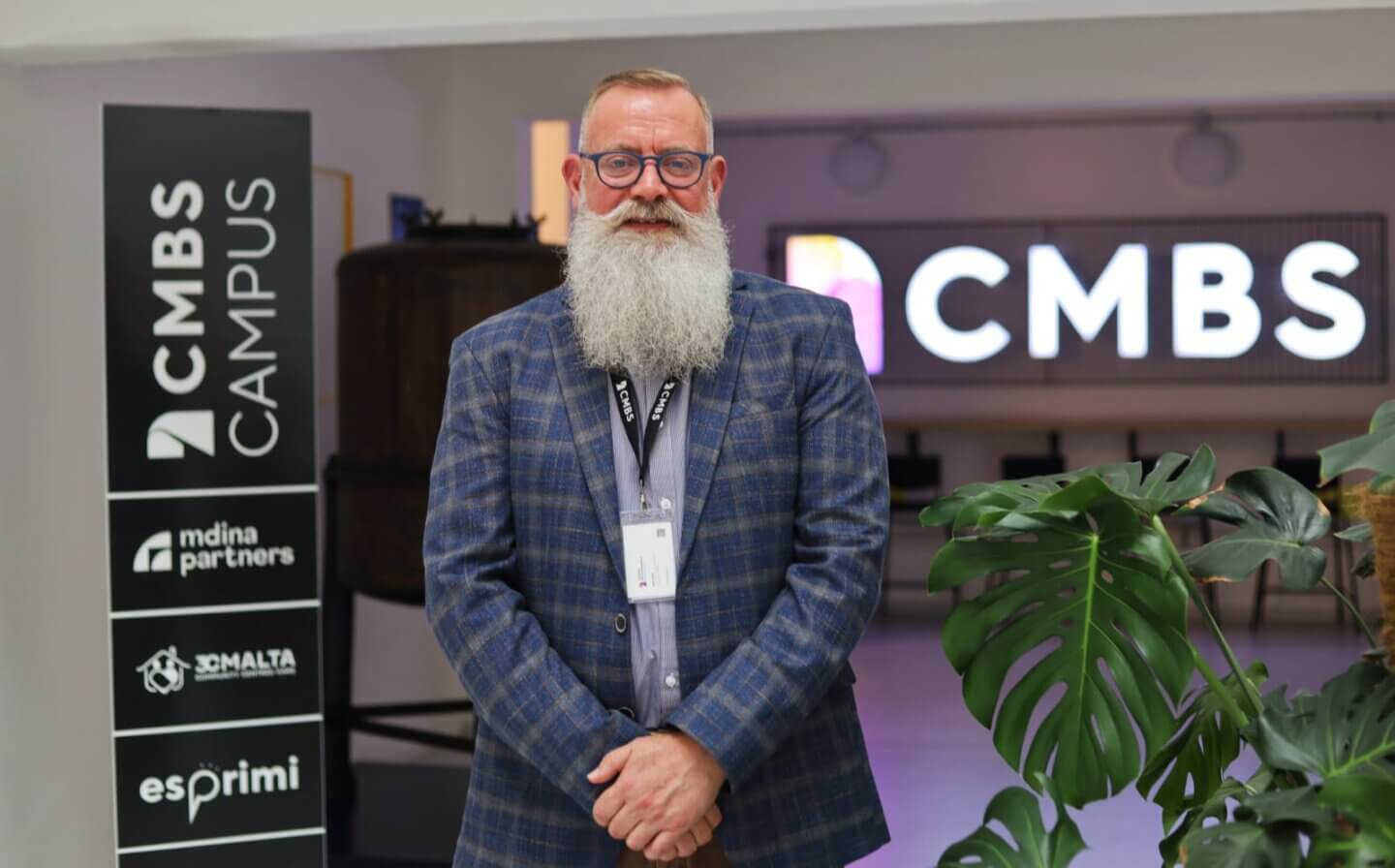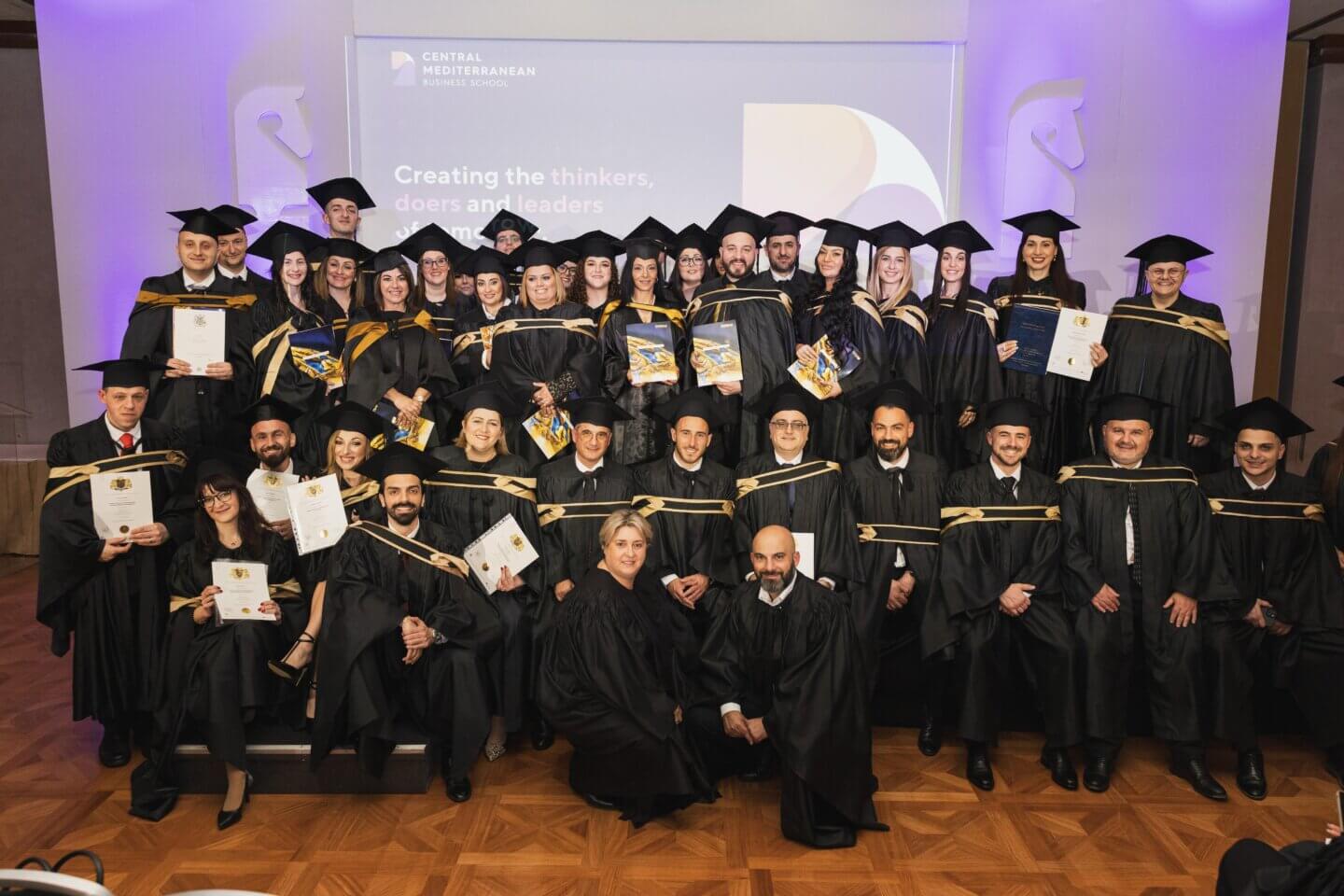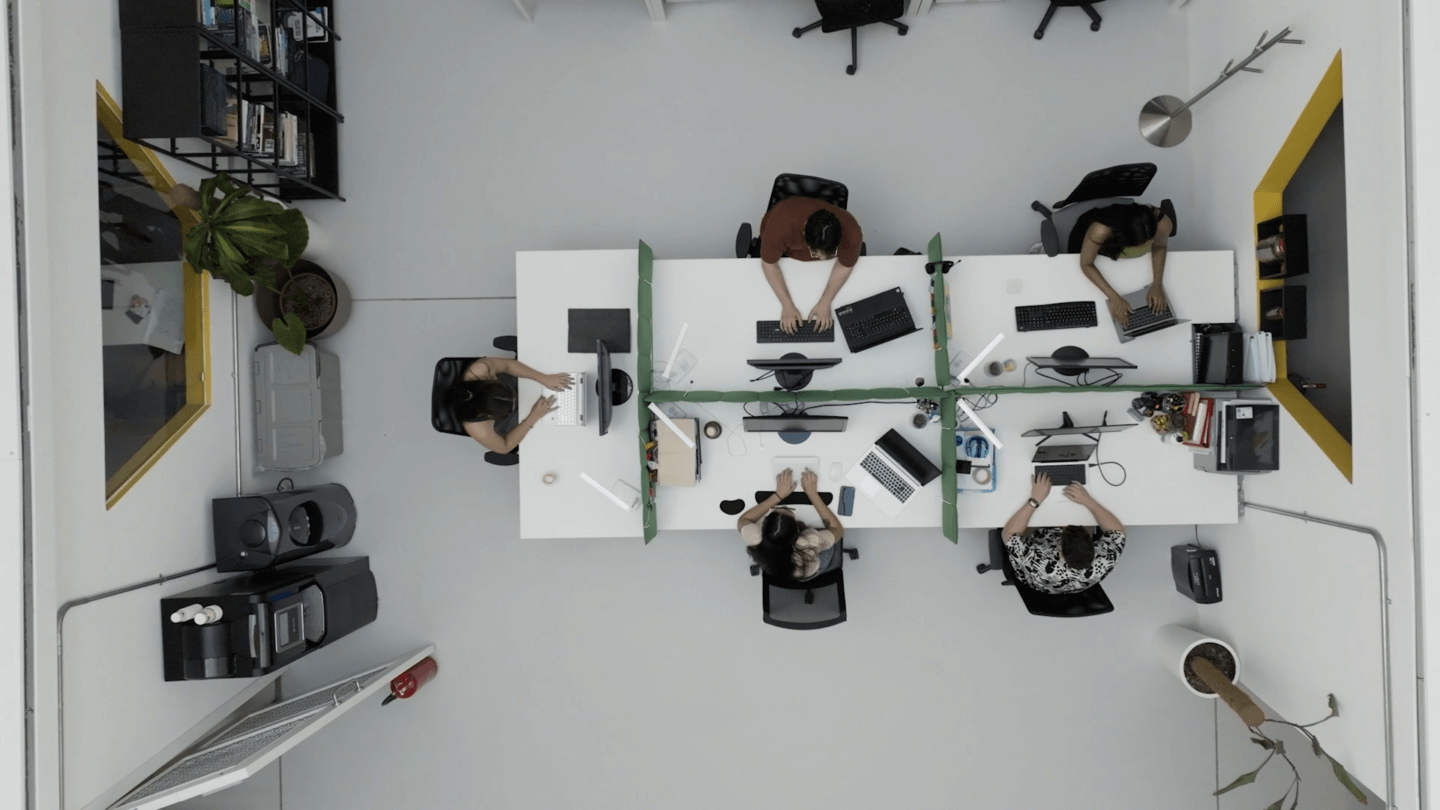Abstract:
This article critically analyses insights gathered from three distinct focus group discussions conducted by the Central Mediterranean Business School on the 21st of June on Campus. The discussions focused on enhancing education, embracing change, promoting workplace learning, and navigating talent acquisition challenges. Key themes emerging from the discussions are addressed, offering educators, students, and industry an understanding of the evolving educational landscape and its implications for future employability.
Introduction
To comprehend the fast-changing world of education, work-based learning, and talent acquisition, the Central Mediterranean Business School facilitated three focus group discussions. This summary endeavours to identify and scrutinise common themes from the discussions: nurturing a sense of responsibility, fostering critical thinking, overcoming resistance to change, enhancing competencies and ethical values, understanding workplace training challenges, and addressing talent acquisition difficulties.
Developing Responsible and Ethical Individuals
A recurrent theme in all focus groups was the consensus on the necessity of nurturing responsible and ethical individuals. The discussions highlighted the importance of understanding one’s role in society and the potential consequences of actions, reinforcing the urgency to teach such awareness early on through education.
The Primacy of Critical Thinking and Soft Skills
Emphasised across all discussions was the value of critical thinking and soft skills, with participants acknowledging their relevance in an ever-changing world. The need to move from rote learning towards a more engaging and inquiry-based approach was underscored. In work-based learning and talent acquisition, such skills were essential for job performance and adaptability to new roles and technologies.
Embracing Change and Overcoming Resistance
A significant challenge identified across discussions was managing change, with instances of resistance to training and innovation reported. Participants stressed the need for proactive thinking, adaptability, and a growth mindset. In talent acquisition, the anxiety about job obsolescence due to AI was recognised as a barrier, highlighting the necessity for continuous learning.
Balancing Competencies, Passions, and Values
Discussions consistently emphasised the need to harmonise passions, competencies, and ethical values in education and professional development. The necessity for personal fulfilment and a strong alignment with organisational culture emerged as key elements in staff retention and job satisfaction.
Challenges of Workplace Training and Talent Acquisition
The focus groups shed light on several challenges in work-based learning, including identifying training needs, overcoming employee resistance, and motivating employees. Regarding talent acquisition, difficulties were noted in attracting new talent due to competitive salaries in certain sectors, a shortage of skilled tradespeople, and perceived job insecurity due to technological advancements.
Strategies to Overcome Challenges
A diverse range of strategies was proposed to tackle these challenges. For enhancing the efficacy of workplace learning, participants suggested making training enjoyable and engaging, promoting a culture of continuous learning, and acknowledging employees’ efforts. These strategies aimed at mitigating the resistance towards training and fostering an environment conducive to employee development.
For talent acquisition, the group recommended a few innovative approaches. These included underscoring the opportunities for learning on the job and offering not just vertical, but also horizontal growth avenues. Offering job security was deemed vital, along with the need to reframe the notion of ‘jobs’ to ‘careers’, thereby adding a dimension of growth and lifelong learning to the employment equation.
In light of these discussions, the Central Mediterranean Business School (CMBS) is excited to announce the launch of an innovative ‘Campus in Industry’ approach. This new initiative aims to intertwine academia and industry closely, providing students with practical, hands-on experiences while equipping businesses with fresh perspectives and innovative ideas from the academic world.
Conclusion
The insights gained from these discussions underscore the complexity of the evolving educational and professional landscape. Enhancing education, embracing change, effective workplace training, and successful talent acquisition are all interlinked, reinforcing the importance of a comprehensive and multifaceted approach to address these challenges. The Central Mediterranean Business School remains committed to incorporating these insights into its programming, fostering an environment conducive to lifelong learning and adaptability in a rapidly changing world.
Acknowledgements: We thank all the focus group participants for their valuable insights and contributions.


